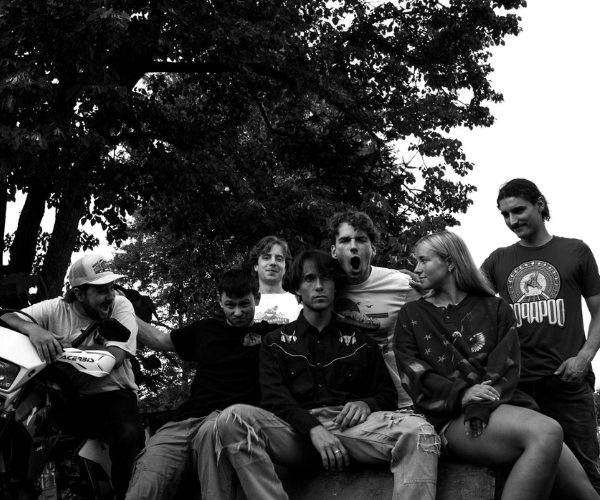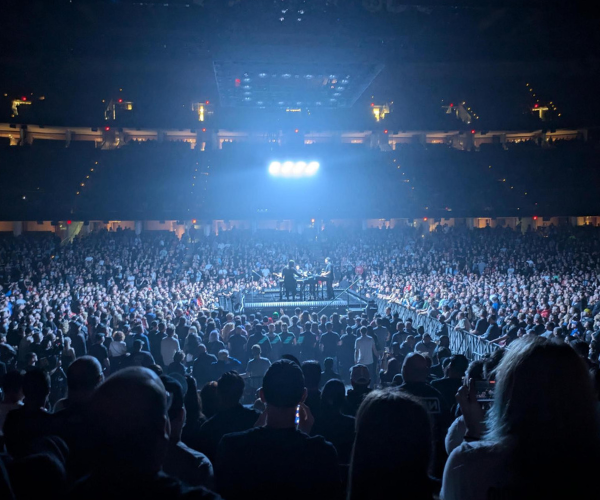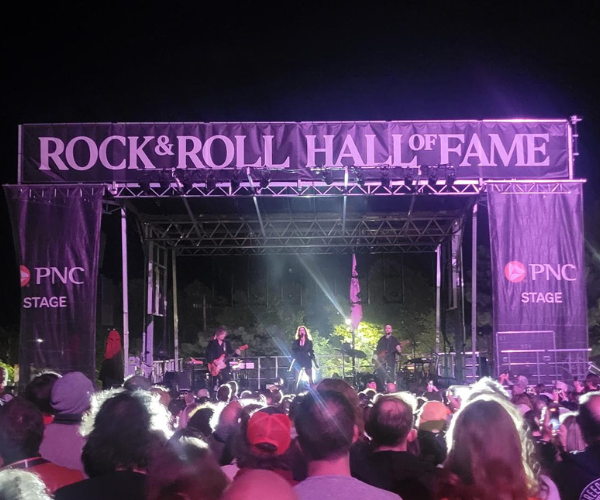Twenty-four-hour mass hysteria generated by thousands of screaming fans. Pleas for peace and hordes of police officers on hand to enforce it. No amount of advance planning could prepare for the British invasion that hit the city 37 years ago this month, when the Beatles arrived to play Public Auditorium.
The Fab Four were not exactly an overnight sensation. Paul McCartney, John Lennon, George Harrison and Ringo Starr had been performing together in dank basement clubs since 1962 and on radio and TV shows throughout Europe. But after "I Want to Hold Your Hand" hit No. 1 on the American music charts in January 1964 and the group appeared on "The Ed Sullivan Show" the following month, the phenomenon that would become Beatlemania was born. The Cleveland concert, which took place Sept. 15, 1964, was the 22nd stop on the group's 25-city tour across North America. (Their second and final concert here took place on Aug. 14, 1966, at Cleveland Municipal Stadium.)
Like the rest of the world, Greater Clevelanders had never encountered anything like them.
"It was easy to see that these four guys were quickly transforming music," recalls Norman Wain, who teaches mass media and communications at Case Western Reserve University. "We were used to the 20-piece big-band sound. Before the Beatles, there was really no such thing as four guys standing on stage playing instruments."
In 1964, Wain was a member of the three-person sales team at Cleveland's WHK Radio, 1420 AM. When Beatles manager Brian Epstein began lining up concert dates, Wain knew what a coup it would be if the group came here under the auspices of the station's sponsorship.
"WHK wasn't looking to make money off of the event," he says. "We just wanted to be part of the glory and hoopla that went with it."
Wain and his colleagues set about making it happen by securing Public Auditorium and guaranteeing the Beatles $50,000 up front for the band's appearance. Then the WHK staff devised an elaborate ticket-distribution plan. WHK listeners wishing to go to the show were told to write their request on a postcard and mail it to the station. For the first time in the history of show business and radio (according to a WHK memo), an IBM computer would be used to randomly select recipients. Those chosen would be notified by mail and given the opportunity to purchase two tickets each.
On Saturday, June 13, the WHK winners and their families — as well as those hoping to beg, borrow or steal their way in — formed a queue that snaked from the St. Clair Avenue entrance of Music Hall, north along East Sixth Street and east on Lakeside Avenue to East Ninth Street. Those first in line gleefully shelled out $6.50 for front-row seats. Latecomers had to settle for the $4 ones at the rear of the hall.
"Police riot squads were called into action today to control shrieking, hysterical Beatle fans massed outside Music Hall," reported a front-page story in The Cleveland Press. "A number of girls fainted." Many had waited there more than 24 hours.
| Turn to page 99 in the September issue of Cleveland Magazine to read Linda Feagler's remaining account of the Fab Four's first night in Cleveland. |
Eric Stevens remembers the preconcert fanfare. Now a marketing consultant based in Chagrin Falls, Stevens was a Cleveland Heights High senior who answered phones, produced a folk-music show and worked record hops at rival station KYW Radio, 1100 AM.
"Being in the business, I was reading about the Beatles before any of my friends knew who they were," Stevens says. "Something about their music really drove me to become a fanatic. When I saw them on 'Ed Sullivan' I thought I was going to die on the spot.
"When WHK announced they were bringing the Beatles to Cleveland, I went into three stages of ecstasy," he recalls.



